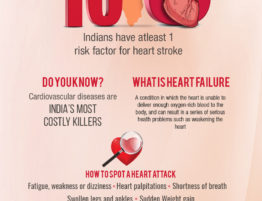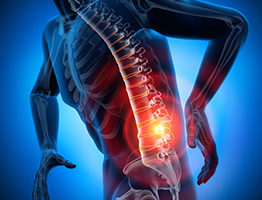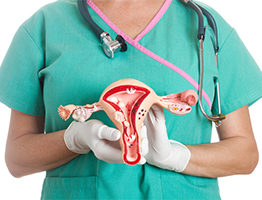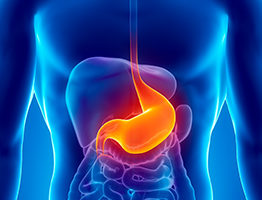
Your blood sugars might be going just great and you might be having great ongoing sex with your partner. But you might have not yet got pregnant after 6 to 12 months of trying. You might be considered infertile and dealing with infertility and diabetes can make you feel like an energy draining double whammy of health issues. There are a definite group of women who need more maintenance and medical specialists can figure out why as their bodies do not seem to come naturally for everyone else.
What is going on in your body?
Infertility is the inability to get pregnant. You are considered to be infertile after a year of actively trying to conceive, that is having unprotected sex around the time you ovulate. The time frame is the key. It can take some time for fertile couples to conceive naturally while older women have been advised to seek help sooner as fertility is said to decline rapidly with age, About 10 to 15 per cent of all couples are said to experience infertility. Of those, about 40 to 50 per cent of them are caused by female factor and about 30-40 are caused by the malefactor. The rest can be a combination of the female as well as male or simply unexplained as one of life’s many mysteries.
What are some factors?
There are several factors that can lead to infertility that revolved under age, weight, sexually transmitted diseases, fallopian tube diseases, endometriosis, exposure to a chemical called as DES or diethylstilbestrol, smoking and alcohol use.
Are they related; Diabetes and infertility?
While most of the general causes for infertility are listed above, what will go on when you have diabetes too added to the fray? According to endocrinologists in Chennai, type 1 or type 2 may have an indirect role. Poor glucose control may wreak havoc and create an environment where someone will not get pregnant because the body does not view the environment as appropriate for getting pregnant. Common conception required that you need a specific timing, eggs being released on time, sperm being handy and your body turning out to be hospitable to nurture for the next 40 or so weeks. If something in your chemistry is not being right, you may have a tougher time procreating.
Despite the potential risks of doing all this plenty of women with high HbA1cs can get pregnant, so the blood sugar is not the sole factor when it comes to figuring out why they are not yet pregnant. Type 1 women who develop diabetes because of the body’s autoimmune response can be prone to developing other disorders such as thyroid diseases or autoimmune premature ovarian failure. The body might decide to wrongly attack healthy cells that maintain thyroid hormones or ovarian functions, both of which may play a role in getting pregnant. Make sure you talk to your doctor about checking your thyroid levels and ovarian function, especially the TSH and FSH. The TSH must be checked before you plan to conceive, but definitely, you must look at TSH a second time when your FSH levels are having problems after trying and not succeeding.
Having a few extra pounds too can affect your efforts to get pregnant as Type 2 diabetes have a higher association with obesity and obesity has an association with sub fertility or infertility as it affects ovarian function.







